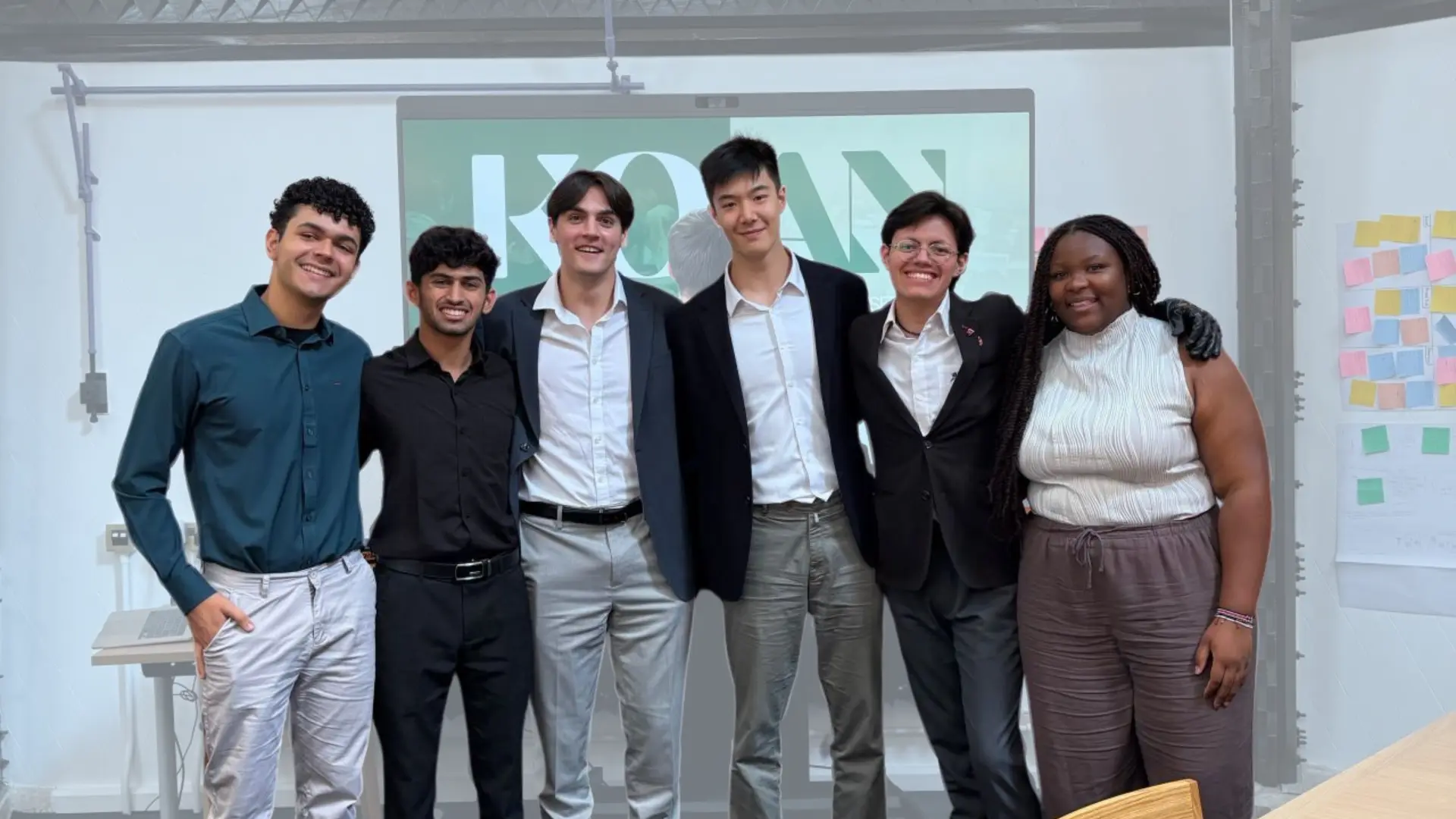
Newsroom
Socratic by Design: How Koan’s global founders measure thinking, not just output
Oct 15, 2025
5 min read
While headlines fret about “kids these days” and AI shortcuts, an eight-person, student-led team spanning 4 continents is designing a different path: learn smarter with AI by valuing process over product. Koan was born from the Equitech Futures Institute Oxford in July 2025, where a global cohort of undergrads and grads—meeting for the first time, comparing classrooms across countries, and mapping their skills—chose to tackle the problem they were living every day.
They are a big team by startup standards, and that’s the point. Bo Liu coordinates the effort; Mateo Morales shapes strategy; Luke Williams steers content; Eduardo “Edu” Oliveira leads product; Chidi Okarah drives research; Manas Tiwari bridges policy; and Paulo and Luis Cavalcante round out the founding engineering core. They come from different continents, languages, and educational systems, and they converged on a simple conviction: the incentives in education are broken in the AI era, and the people closest to the classroom should fix them.
From the inside student perspective, the story is not about laziness. It’s about outputs. Schools still grade the essay, the report, the polished solution—the very artifacts that generative AI now produces effortlessly. Even students who want to do the work feel compelled to use AI just to keep pace with peers and overloaded schedules. That pressure doesn’t stop at graduation. Employers are encountering polished work without underlying skill, and the occasional very public embarrassment when unchecked AI fabrications make it into official deliverables.
The contours of the problem differ by region and this is where the global diversity of the team really shines. In North America, some institutions are experimenting with guidelines and creative use. In Latin America, adoption often centers on basic task automation, with less institutional readiness—even as demand for modern learning tools is overwhelming. That global contrast shaped Koan’s design from the start.
Koan’s bet is straightforward: if AI makes final products cheap, schools must value the thinking that gets you there. Koan brings writing and problem-solving into a single, transparent workspace and pairs it with Aidan, a Socratic AI guide that nudges, questions, and contextualizes without giving answers. Students work inside Koan, where the process is visible. Aidan understands the course—syllabus, lecture notes, past and upcoming assignments—and adapts to each student’s patterns and weak points. It whispers questions instead of spitting out drafts. Teachers see how students worked, not just what they handed in, and can scale their reach with fine-grained analytics. For under-resourced schools and NGOs, that same guidance becomes a way to democratize the kind of individualized coaching only a tutor used to provide.
Measuring thinking is the hard part. The team is building a “cognitive lift” metric to measure metacognition and effort—signals like time on task, the quality of questions, confidence markers, and pattern shifts—grounded in ongoing conversations with cognitive science faculty. It isn’t a new IQ; it’s a clearer window into how learning happens, refined as real classrooms generate real data.
Momentum is building. A late-October 2025 launch leads into early November pilots with two NGOs in Chicago and Evanston, Illinois that collectively reach more than 20 schools. The pitch that resonates is twofold: put guardrails around answer-generating AI, and widen access to high-quality guidance. Over the next 18 months, the team is aiming for full implementations in 20-plus schools, alongside a growing presence in communities where an LMS has never truly fit.
The north star is bigger than adoption. Koan wants to help schools shift mindsets: in an age when AI can ace the final draft, value the process again. Make thinking visible. Coach it. Assess it. A student-founded, global team is asking institutions to move past panic into practice—so the next generation learns with AI, not from it.
More articles

Newsroom
Otieno Collins Junior Reflects on His Journey from Capstone Project to Prize-winning Startup
.webp)
Newsroom
No Innovator Left Behind: How Equitech Futures uses philanthropic capital to maximize impact

Newsroom


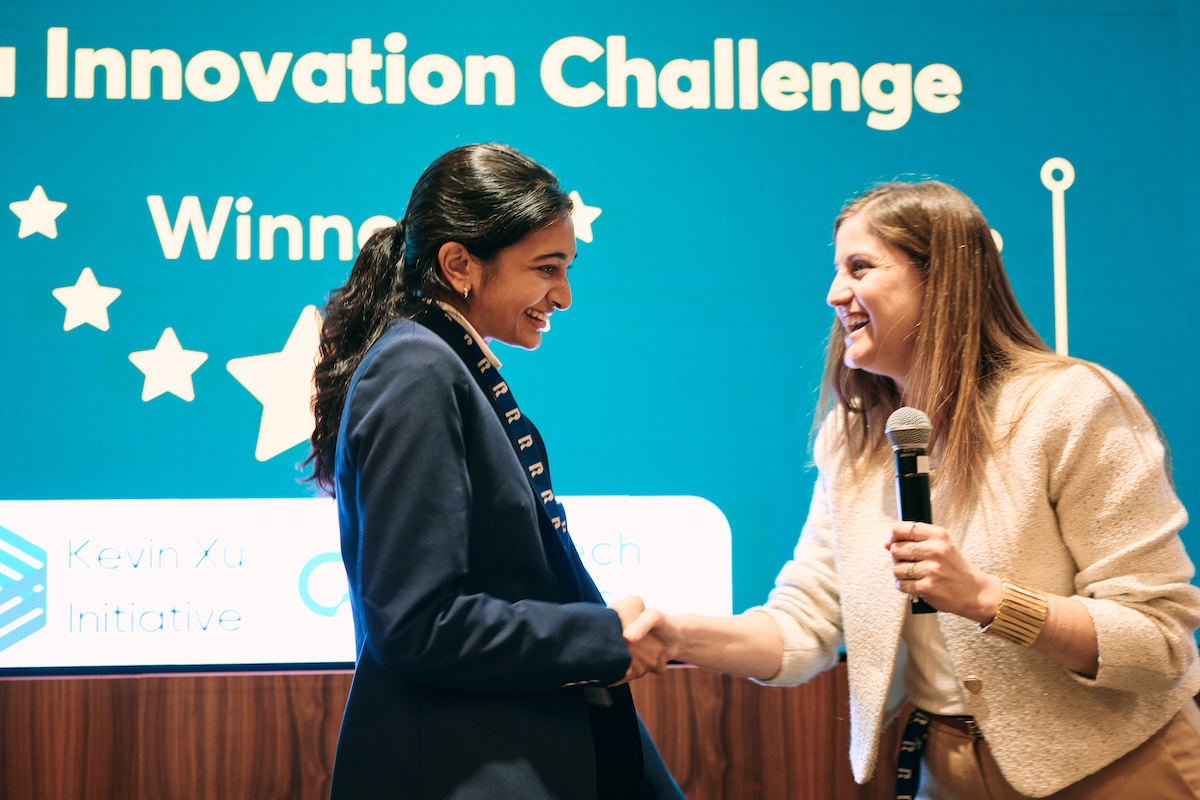
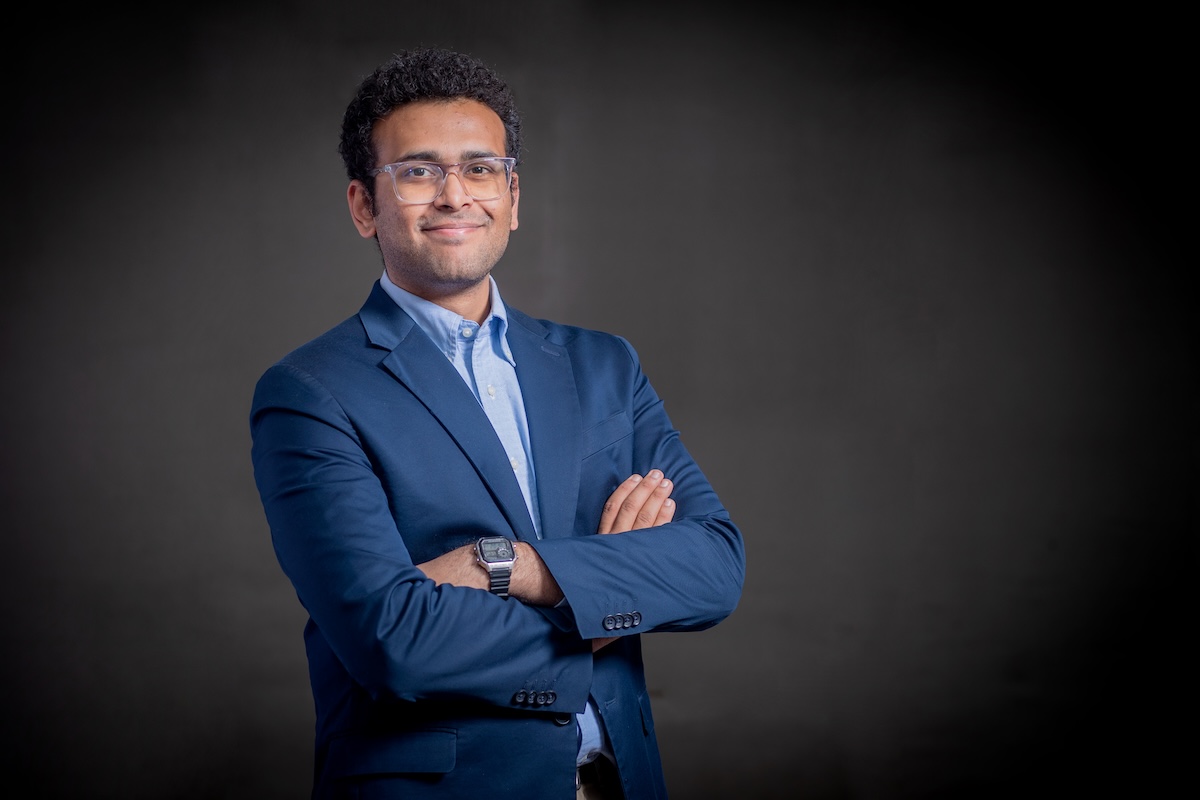

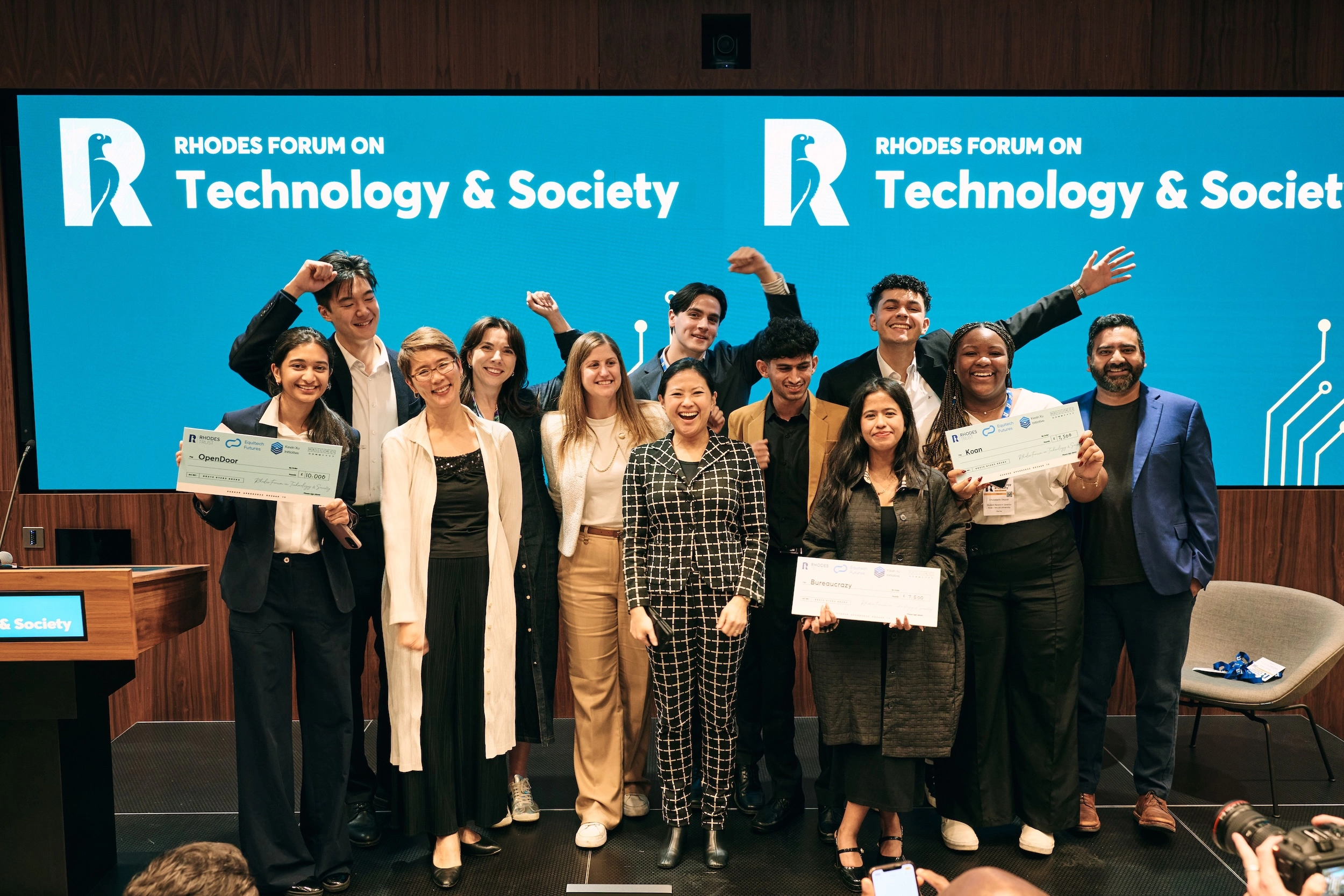






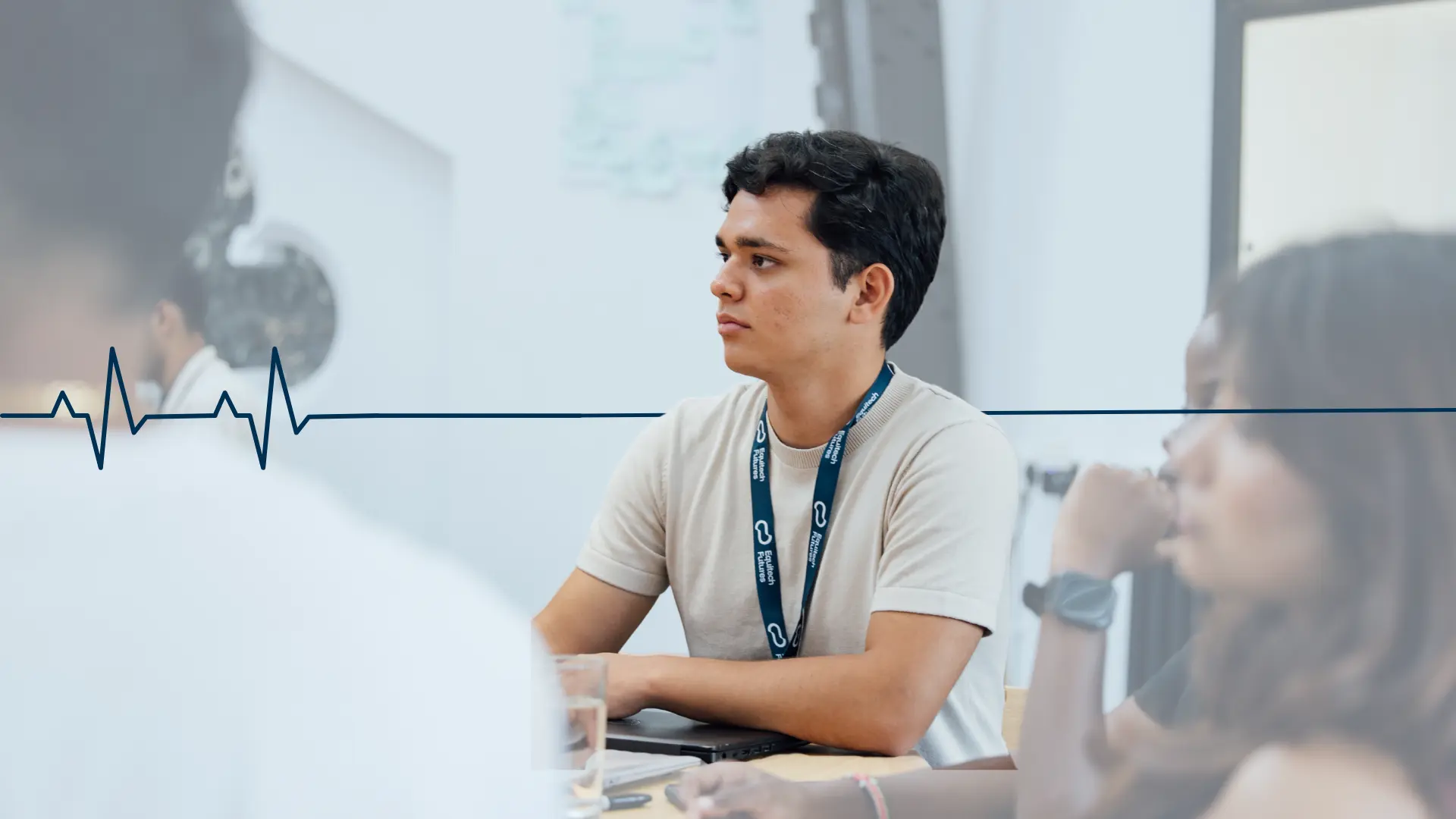

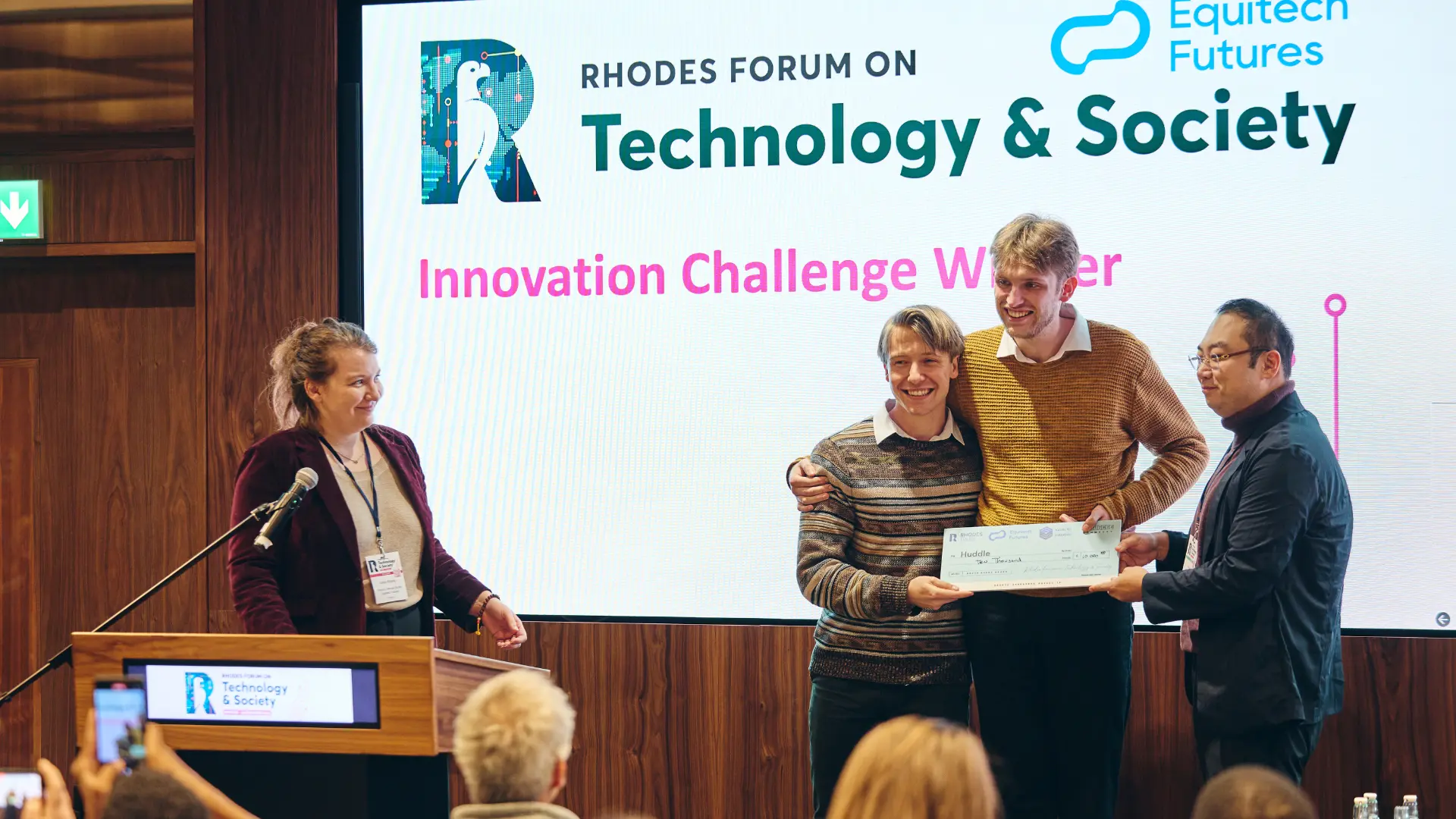






.webp)


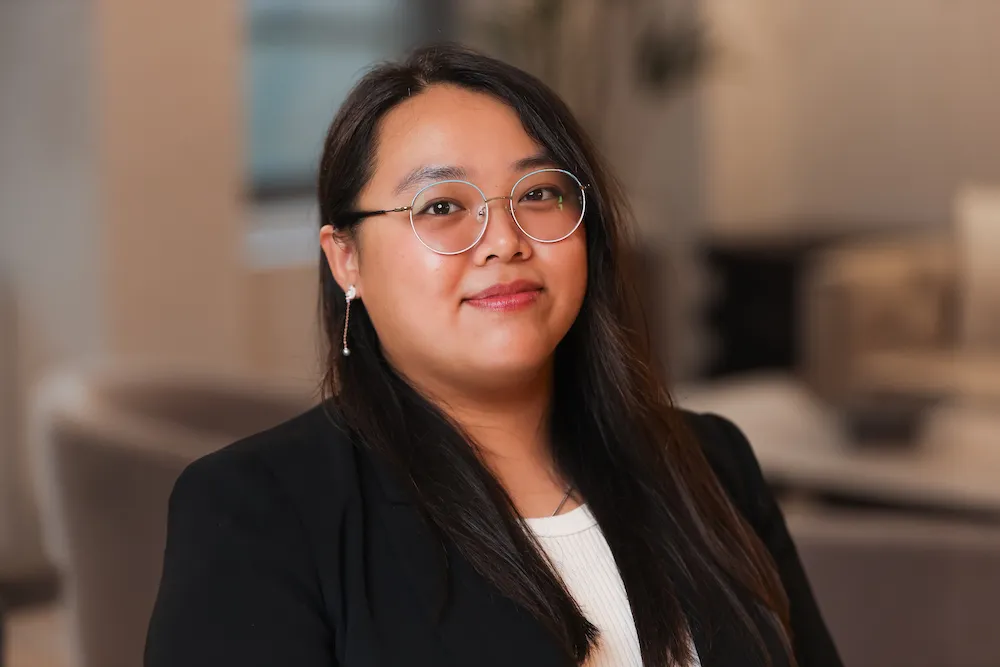


.webp)


.webp)








.webp)
















.webp)

.webp)


.webp)


.webp)






.webp)



